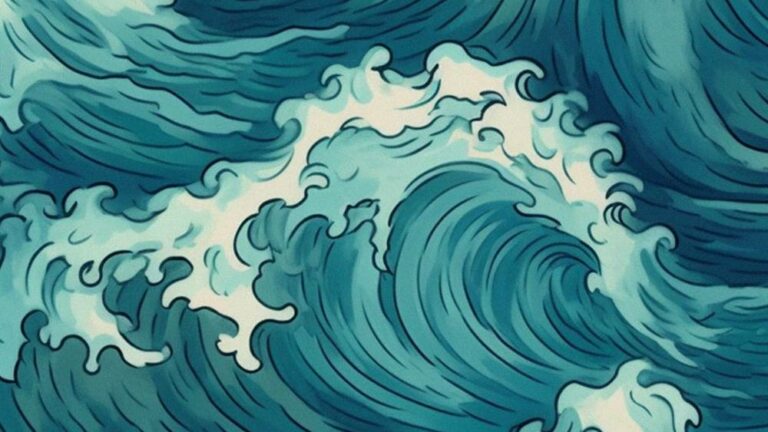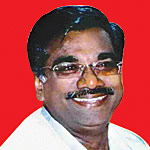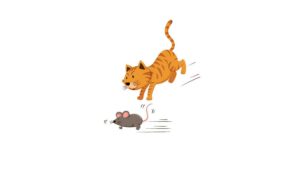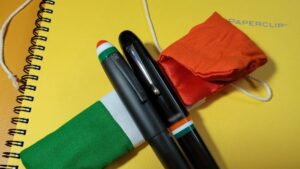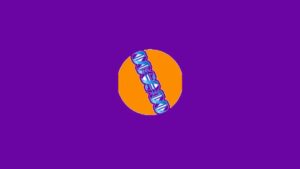Water is destroyer and preserver. To put it in worldly terms, water is like a wife. Can you live neither with her nor without her? The presence of water can kill us; so is the absence of water. Tsunami comes not to nourish us. A drought teaches us how essential water is for our survival.
How many miles women go on bare feet on hot sands to fetch a pail of water? While it is true that that period, short or long, gives them relief from their badgering mothers-in-law, it is also true that that makes thirsty mouths at home await their arrival with eager eyes.
Sir Philip Sydney, an English poet-critic and a warrior of the Elizabethan era, once was wounded in the battlefield that proved fatal. His throat had gone dry and his flagon held only a few sips of water. He raised the opened flagon to reach his lips, when his eyes fell upon a moaning soldier. He thought that the soldier’s need was greater than his. Therefore, in spite of his rank he dragged himself towards the dying soldier, gave him the last few drops he had. Sydney saved the soldier and thereby saved himself from the clutches of death. This anecdote may be the best illustration for an old Tamil adage: “Neer koduthor uyir koduthorei” which in English translation would read somewhat like this: “He who gives water saves life”.
Water is beneath our feet. It is there in trees and plants sucked from the ground to suckle their leaves. It is there in every one of us, moving around in our blood and it is said, each living cell is mostly water. That’s our relationship to water.
All mobile tribes established their civilizations not far from the sources of water. And ours pass for river valley civilization. Egyptians right from their good old days depend on River Nile. Punjab is the land of five rivers. Mesopotamia means the land between two rivers and Mesopotamians flourished between the Tigris and the Euphrates. If the Ganga and the Yamuna nourish the people in the northern part of our country, the Kaveri and the Pennai nourish the south.
When civilization took the upper hand people started quitting caves. They found shelter in houses of their own make. Have a roof over your head, a garment on your body to cover your nakedness, and find food so as not to go hungry. This adage is as old as man. Man’s struggle for food, garment, and shelter was there in every age. It continues to haunt everyone who wants to make his or her sojourn on Planet Earth comfortable. But man is not an animal or creature that would be content with what it gets.
Man clamoured for more. He wanted everything to be available in his house itself. He wanted trees to fan him all through day and night. He wanted fruits and flowers to reach home. Therefore, he planted trees in his house. He wanted water to be available at his dwelling place. So he dug the earth and made a well. Environmentalists call it water-management.
Three decades ago in Pondicherry, almost every house was blessed with a well in its backyard. That was the time when we Pondicherrians lived in tiled houses and enjoyed the unpolluted breeze from lush green trees and flowering plants, in the front yard as well as the backyard. We bathed, washed our clothes and utensils, by baling out fresh and chill water from our wells. But not a drop went waste as the used water found its way to both the gardens.
Times changed. Concrete constructions mushroomed and the tiled houses disappeared. Along with those houses vanished the well and the gardens. People had no other go but to rely on corporation water and pay a price for it. And to store water they installed overhead tanks on their terrace. But the pressure level is always so low that every tank needed a pumping motor. Law forbids people to pump up water directly from the corporation pipes. So a sump also became mandatory. Had we retained our well, things would have been different.
In the name of modernisation, we have lost our home-water resources. And our only saviour is the overhead tank. We switch on the pump and forget. Imagine how much water goes waste if we forget to switch off when the tank overflows. Time is not far when we would seek the help of the sea for a few bottles of drinking water. It won’t be new to us then. We are already buying water.




